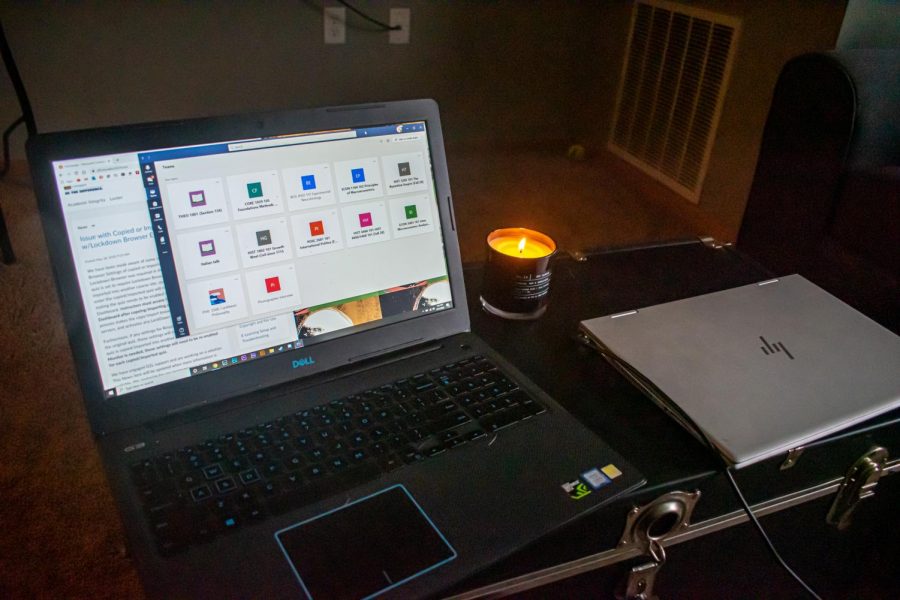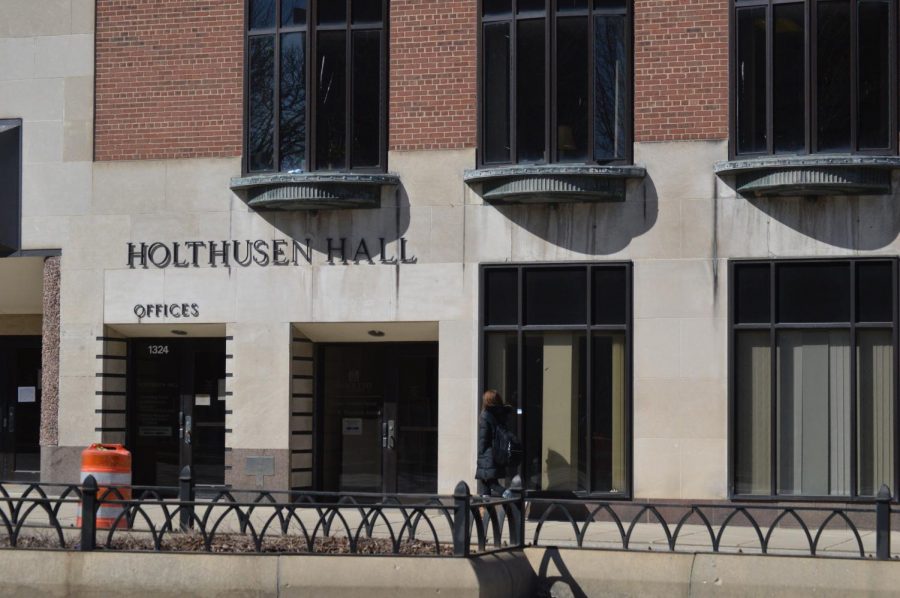A recent Marquette Tribune investigation found that some unpaid student internships accepted for credit by the university do not meet the Department of Labor‘s legal standards.
The legality of these internships comes into question when the Department of Labor’s six standards for what qualifies as a legal unpaid internship with for-profit companies are applied.
The standards include: training is similar to coursework and the experience is beneficial to the intern; the intern does not replace regular employees but works under close supervision; the company “derives no immediate advantage” from the intern’s work “and on occasion its operations may actually be impeded;” the intern is not entitled to a job afterward and both parties understand the intern is not entitled to wages. The Department of Labor standards do not apply to internships with the government or nonprofit organizations.
According to the National Association of Colleges and Employers 2013 Internship and Co-op survey, a record 63 percent of 2013 graduates had internships or co-ops– the experience is clearly a valued piece of higher education. Of the 47.8 percent of students who worked as an unpaid intern, about one third worked for for-profit companies, which are subject to the six DOL criteria.
The standard stating interns should not produce work that immediately benefits the company is the most concerning. If an intern is completing work worth doing and learning from, it should immediately benefit their employer. For that reason and others, interns at for-profit companies should be paid.
Unfortunately, some for-profit companies are able to pay interns are not doing so. Instead the companies employ interns as unpaid entry-level employees. This creates a slew of problems and few “perfect” solutions for interns, universities and employers.
Yes, some companies cannot afford pay their interns, especially with the current economy. Oftentimes the solution is a credit exchange with a student’s university in lieu of a paycheck. But there is a slight problem with this model—the student often ends up paying the university to take the credits and therefore pays to go to work every day.
America’s internship system exacerbates socioeconomic disparities, limiting opportunities to those who can afford unpaid internships. The problems also point to a much larger conversation about the costs of an education.
There is no magical cost-benefit equation that will work in every case—each student comes from different economic, professional, academic and social circumstances that all contribute to students’ decision to look for an internship or not and whether to accept a paid or unpaid position.
Most students choose to pursue an internship experience in order to prepare for post-graduation life.
According to NACE, 63.1 percent of students with a paid internship received at least one job offer before graduation. In contrast, only 37 percent of the former unpaid interns could say the same—only 1.8 percentage points more than students who had never interned. Using this data, it seems that having an unpaid internship only offers a slight advantage for job offers over not having an internship at all.
The system may be broken, but clearly paid internships are more valuable than any other option. Making sure interns at for-profit companies are paid is a start to fixing the system.
It’s basic economics of supply and demand. If there is a great enough need for interns to work, and interns refuse to work for free, paid internships will be offered. There will most likely be fewer, albeit more valuable internships offered, but that is the nature of the market.
When you are a paid employee just like everyone else at your company, your coworkers may value your work more than the work of an unpaid intern who can fetch coffee. For-profit companies should be held to the Department of Labor standards with interns, just like they would with any regular employees.
Ultimately, it will be up to the Department of Labor to ensure for-profit companies are complying with paid and unpaid labor standards. What Marquette can do right now is set an example for other universities and offer students full-credit unpaid internships for which they don’t have to pay tuition.
The Tribune welcomes continued campus discussion and encourages students, faculty and administrators alike to weigh in on this issue.




